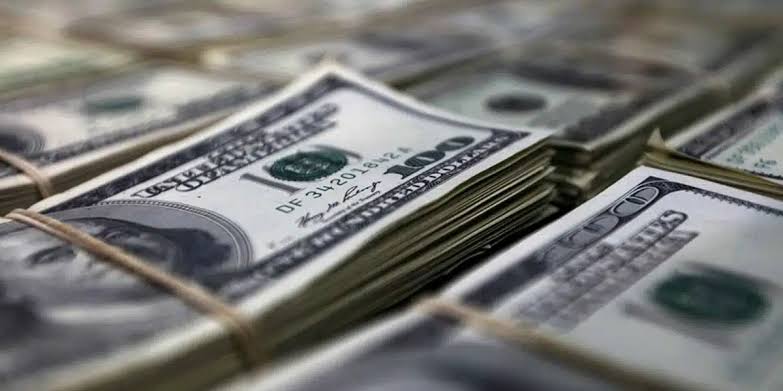Nigeria’s foreign exchange reserves increase by $424.68 million, which is good news for the economy.
Between August 30 and September 10, 2024, Nigeria’s foreign exchange stocks grew by $424.68 million, which is a big increase. The Central Bank of Nigeria (CBN) reported this big increase, which shows that the country’s finances are getting better. There were $36.305 billion in foreign funds in Nigeria as of August 30. The funds had grown to $36.730 billion by September 10, which is an increase of 1.17% in just 11 days.
This increase in foreign reserves is very important for keeping Nigeria’s economy stable, especially since the world economy is always changing. Having enough external reserves is important for keeping the naira stable, paying for goods, and paying off the country’s foreign debt. As a result, the rise is a strong sign that Nigeria is getting better at handling its foreign exchange needs and economic problems.

This rise in foreign reserves was caused by a number of things. One important reason is that oil prices have been steadily going up around the world, which has helped Nigeria make more foreign currency. Nigeria’s economy depends on oil, so changes in the world oil market have a big effect on the country’s oil reserves. The recent rise in oil prices has brought much-needed foreign currency into the country, which has helped the Central Bank of Nigeria (CBN) build up its funds.
Nigeria’s government’s attempts to bring in foreign investments and oil revenues have both helped the reserves grow. Foreign direct investments (FDI) have gone up since policies were put in place to make doing business easier and give foreign investors more reasons to come in. Nigeria’s foreign savings have grown thanks to this influx of capital. More investors are coming in with foreign currency to fund their businesses in Nigeria.
The CBN is also trying to better manage Nigeria’s foreign exchange market, which is tied to the rise in reserves. To keep the naira stable, the central bank has done a number of things, such as entering the foreign exchange market and setting up the Investors and Exporters (I&E) foreign exchange window. This has helped lower volatility and boost investor trust, which has led to more foreign currency coming in.
Nigeria is better able to deal with some of its most important economic problems now that its foreign savings have grown. When the value of the naira is under pressure, these funds can be used to keep it stable. They also make sure that the country can keep paying for imports, especially of goods and services that are needed, without putting too much stress on the economy.
The funds are also very important for Nigeria’s ability to pay its foreign debts. Nigeria is getting more pressure from its foreign creditors to pay back its debts. The increase in reserves gives the country peace of mind that it will be able to do so. This helps the country keep its creditworthiness and lowers the chance that it will default, which could be very bad for the business.
Finally, the fact that Nigeria’s foreign reserves grew by $424.68 million between August 30 and September 10, 2024, is a good sign for the country’s economy. Higher oil prices, more foreign investment, and smart foreign exchange management by the Central Bank of Nigeria have all led to the rise. The increase in funds gives the country some peace of mind as it deals with its economic problems and improves its financial standing on the world stage.